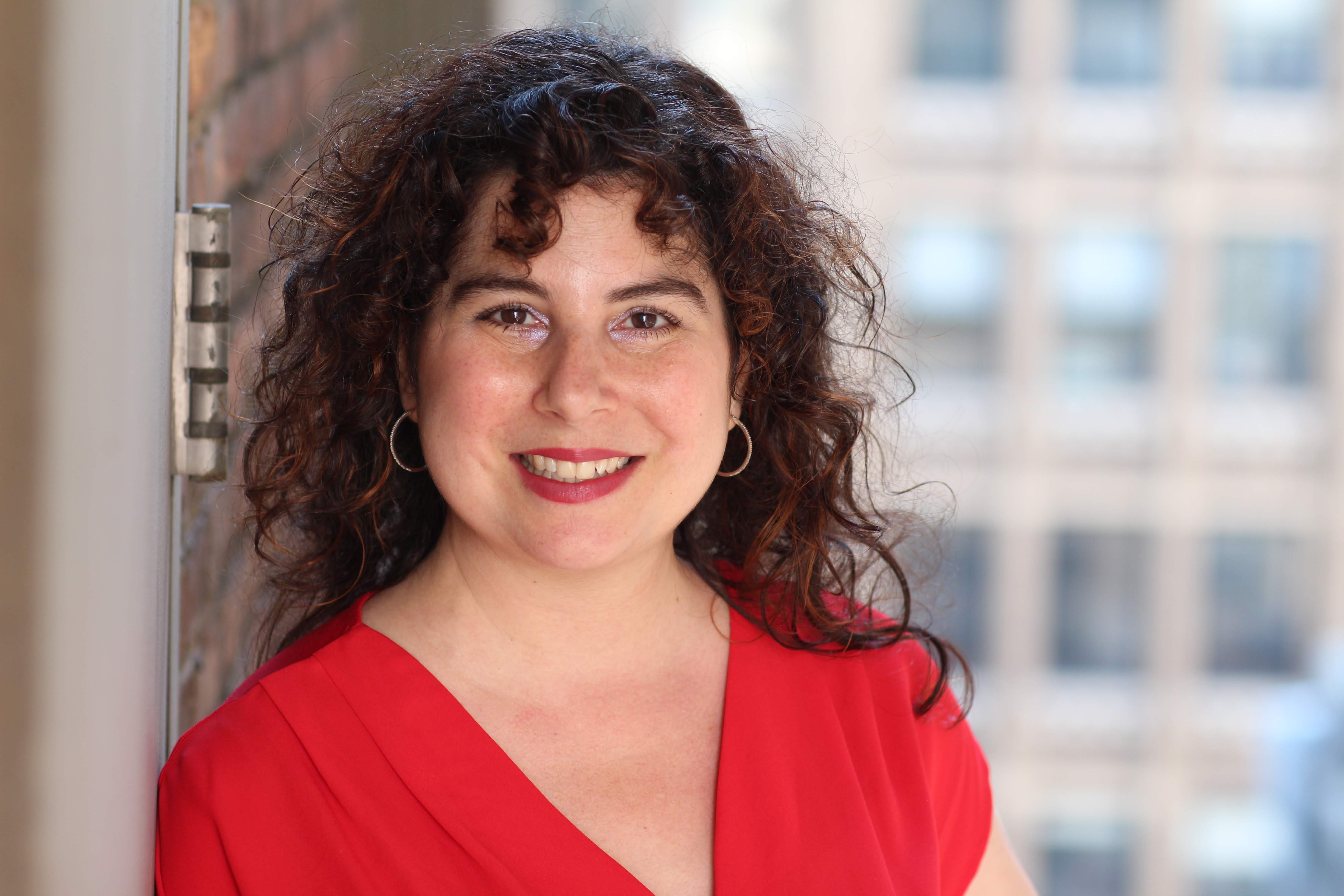In her third post as a newly-minted grad student, Jenny explains why failure is a horrible word, and why our students deserve better than to hear it uttered.
These days you hear a lot of F-Bombs being dropped in conversations around education. "Our schools are Failing!" "We're Failing our kids!" "Our kids are Failing the tests!" "Last year's reforms ended in Failure!" It's enough to drive you Failing-insane.
"Failure" is a horrible word. It's so totally final. It's a fait accompli. It leaves no room for hope, for light. It's over and done. Dead and buried. A punch in the gut. And yet this is the word we use to define our children and the dedicated grownups who serve them. I hate this word, and I've committed to expunging it from my vocabulary.
What I learned in graduate school is that failure is information. Vital information. Actionable intelligence. This realization has been transformative for me. I was a very good student when I was younger, and I was very invested in being a good student. My identity was bound up in getting good grades, in pleasing my parents and teachers. Any lost points loomed like a loss of good character. It took me days to recover from a bad grade. I was deeply embarrassed as if I had committed some humiliating crime. I recently did not-so-good on a midterm. I wasn't thrilled about it, but my response was nothing like it had been. Instead of bursting into tears, I thought, "Hmmm. This is interesting. Let's see what happened." And that's the key: To see what happened. It's fine to make mistakes. In fact, mistakes are gifts. After all, what good is an assessment if there is no information to be gleaned, no steps to take? My new goal is not to avoid mistakes, but to avoid making the same mistake twice. To use the information as fuel for the next project/paper/test. All of the points I've lost so far this semester are due to misunderstanding the question. What incredibly powerful information to have about myself. I can do something about this. I am empowered to progress. And if this is the case then I am anything but a Failure.
I don't believe in failing schools. I have never seen one. I believe in communities whose needs are not being met. I believe that schools are providing us with actionable intelligence about our national priorities (implied or otherwise). The question is: how will we use this information to move forward?
I'd like to start with putting a candy jar in the entrance of every school in America. Anyone—politician, administrator, teacher, parent, or child—who uses the F-Word would be required to drop a penny in the jar. That's what we think of you, Failure. You ain't worth a nickel.
Below are a few more practical ways of turning failure into information:
I took a great workshop with The Efficacy Institute a few years ago. Check out their method for including students in analyzing their own data and taking the fear out of failure: http://efficacy.org/Strategy/tabid/246/default.aspx#/?CSSTabID=2
"Every mistake is an opportunity in Jazz...the only way that I would say it was a mistake is in that we didn't react to it. It was an opportunity missed.": https://www.ted.com/talks/stefon_harris_there_are_no_mistakes_on_the_bandstand#t-226324
Failures can be penicillin in disguise: http://www.businessinsider.com/these-10-inventions-were-made-by-mistake-2010-11
Erika likes failure, but I think we agree that using them for positive change is key:
What’s your relationship with failure? Share in the comments below or Tweet to @JRGreeman



Comments [0]
Click here to read/write comments